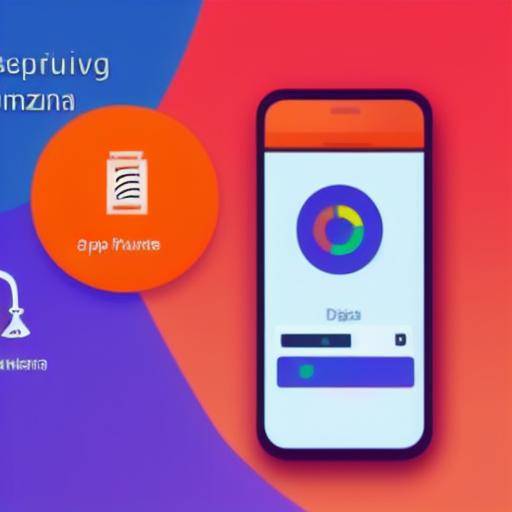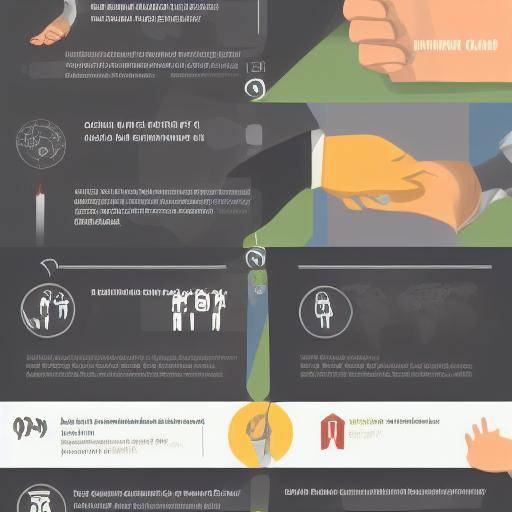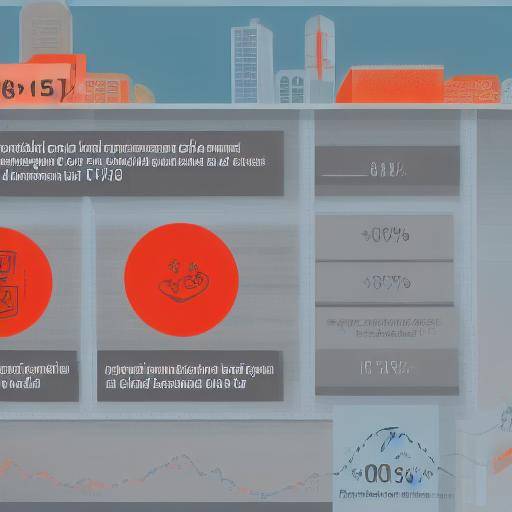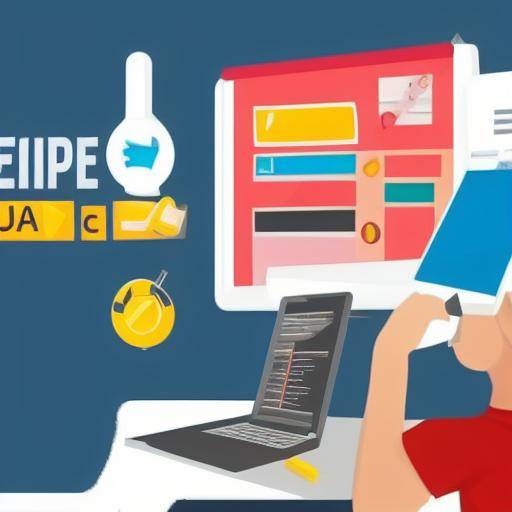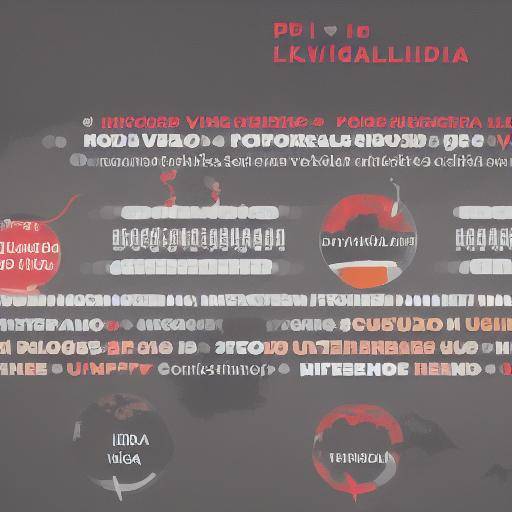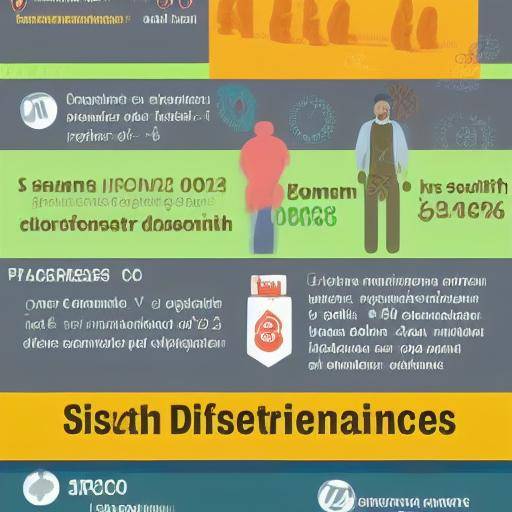
Debt consolidation is a financial strategy that can help you manage your debts more effectively, but is that the right choice for you? In this article, we will explore the circumstances in which to consider debt consolidation, the need for this action and the assessment of your financial situation. You will get detailed information, practical advice and expert opinions so you can make informed decisions about your financial situation.
Circumstances that indicate the need for debt consolidation
First, it is crucial to understand the circumstances that might indicate the need to consolidate your debts. If you find yourself in one of these situations, debt consolidation could be a viable option for you:
- Multiple Debts with High Interest Rates: If you have multiple debts with high interest rates, consolidation might help you reduce the total amount of interest you must pay.
- Difficulty in Managing Payments: If you find it difficult to make multiple payments every month and are struggling to maintain control of your debts, consolidation can simplify the process by combining your debts into a single payment.
- Search Reduce the Financial Charge: If you're looking to reduce your monthly payments or pay your debts faster, consolidation might offer options to achieve this goal.
- Need to Improve Your Credit Score: Debt consolidation can also benefit your credit score if you allow you to settle outstanding debts and avoid delays in payments.
In assessing your personal circumstances, it is essential to take into account your short- and long-term financial goals as well as your ability to meet the terms of a new debt consolidation agreement.
Need to Assess Debt Consolidation Option
Once the circumstances that might require debt consolidation are identified, it is crucial to assess whether this option meets your financial needs. In considering consolidation, you should take into account the following:
- Exhaustive Debt Analysis: Before opting for consolidation, it is essential to conduct a detailed analysis of your current debts, including balances, interest rates and terms.
- Compare Alternatives: Evaluate whether there are other options available, such as renegotiating interest rates with your current creditors or transferring balances to a credit card with a low promotional rate.
- Understand the Associated Costs: Make sure you fully understand the costs associated with debt consolidation, such as possible transaction fees, lender fees or changes in interest rates.
- Evaluation of your Payment Capacity: Determine whether you will be able to make the required payments under a new debt consolidation plan without sacrificing other financial needs.
It is essential to make a careful assessment of your personal circumstances, financial needs and options available before proceeding with debt consolidation.
Evaluation of your Financial Situation
The assessment of your financial situation is key to determining whether debt consolidation is the right choice for you. In assessing your situation, consider the following:
- Income and Expense Analysis: Examine your monthly income, regular expenses and any other financial commitment to determine your capacity to pay.
- Financial objectives to Short and Long Term: It sets clear financial targets and assesses whether debt consolidation brings you closer or far from achieving those goals.
- Impact on your Credit Score: Understand how debt consolidation will impact your credit history, and if this option will help you improve your long-term credit profile.
- Consultation with Financial Professionals: Consider seeking professional advice from financial experts to help you assess your situation more fully.
The comprehensive assessment of your financial situation will allow you to make informed decisions about debt consolidation, making sure you are making the best decision for your long-term financial needs.
Conclusion " FAQs
In conclusion, debt consolidation can be a valuable strategy to manage your debts more effectively, but only if it is considered in appropriate circumstances, it is carefully assessed and fits your financial needs. Before opting for consolidation, it is crucial to analyze your personal circumstances, financial needs and options available to determine if it is the right choice for you.
FAQs
What are the ideal circumstances to consider debt consolidation?
Ideal circumstances include having multiple debts with high interest rates, finding difficulties in managing payments, seeking to reduce the financial burden and the need to improve your credit score.
What aspects should I evaluate when considering debt consolidation?
You must conduct a thorough analysis of your debts, compare alternatives, understand associated costs and evaluate your capacity to pay under a new debt consolidation plan.
How can I determine whether debt consolidation is the right choice for me?
You must evaluate your income and expenses, establish short- and long-term financial goals, understand the impact on your credit score and, if necessary, seek professional advice.
Will debt consolidation have a negative impact on my credit history?
Debt consolidation can have a temporary impact on your credit history, but in the long term it can improve your credit profile if it helps you pay your debts more effectively.
Are there alternatives to debt consolidation that I should consider?
Yes, alternatives such as renegotiating interest rates with your current creditors or transferring balances to a credit card with a low promotional rate can be considered before opting for consolidation.
Should I seek professional advice before consolidating my debts?
Finding professional advice from financial experts can provide you with a broader view of your options and help you make informed financial decisions.
With these answers, we hope you have a clearer understanding of whether debt consolidation is appropriate for you and how to effectively address this option.
With these steps and tips, you will be better equipped to understand if debt consolidation is the right choice for you. Remember that informed financial decision-making is crucial and, in case of doubt, seeking professional advice can provide you with a broader view of your options.









